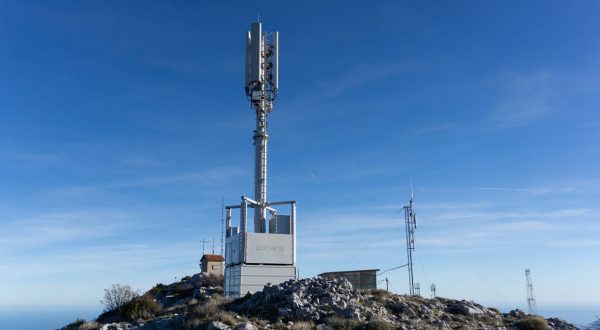Intelligent mobility solutions for public transport in Lisbon
Reading time: 4 min
The city of Lisbon recently decided to optimise its public transport network. This transformation relies in large part on digital solutions developed by Axians Portugal.
![]()
To improve quality of service on its public transport, the Lisbon Metropolitan Area (Área Metropolitana de Lisboa/AML) has launched an ambitious new mobility policy. The idea is to consolidate management of the network at regional level, which includes the capital Lisbon and 17 nearby towns: a metropolitan area of 2.8 million inhabitants that also receives 33 million tourists throughout the year.
This new integrated transport policy, under the single brand of Carris Metropolitana, will require centralised planning and interoperability throughout the system to meet current and future mobility needs in this huge region.
In total, the new network will handle more than six million journeys per year and incorporate 820 bus routes, 12,000 stops, over 90 night-time routes and 1,600 buses (1,400 of which will be new or less than a year old, with free Wi-Fi for passengers). The total investment is estimated to be around €1.2 billion.
An ambitious project
The project has been divided into four sub-concessions, each of which must meet extremely ambitious environmental targets by promoting the usage of a more modern bus fleet to be more efficient and more sustainable and incorporate new technological functionality, such as dematerialized ticketing either through QR Code and by the support of smartphones.
“Improvement in urban mobility must focus on passenger needs.”
“Our equipment’s and solutions were designed to offer passengers enhanced comfort and an intuitive user experience, for instance we deployed a new state of the art ticket validator that will set a new level of experience in Lisbon”, says Miguel Leocádio, Government and Transport Executive Director at Axians Portugal. “It will add real value for occasional travellers and for the tourists who visit the city all year round. It’s a giant step in terms of intelligent mobility and sustainability in such a large area as Lisbon”.
The VINCI Energies business unit specialising in Digital Consulting solutions was selected by three of the four transport operators to be awarded concessions (Transportes Sul do Tejo, Rodoviária de Lisboa and Viação Alvorada) to supply, commission and provide maintenance for their Intelligent Ticketing Systems (ITS) over the next seven years.
“We are especially delighted to have secured this contract as a result of our innovation drive that combines technological excellence with sustainability”, explains Miguel Leocádio. “We’re supplying a complete ITS that will be used by thousands of passengers every day on more than 1,300 buses”.
A cloud-based central ticketing system
The solution developed by the Axians teams also includes the software platform, including a cloud-based central ticketing system that will enable operators to monitor daily transactions thanks to a new IoT state of the art architecture, allowing remote control of all equipment. This wide variety of equipment and systems will be deployed with partners such as the Portuguese telco NOS and startup Stratio, Wavecom from France and Datik from Spain.
“We think that improvement in urban mobility must focus on passenger real needs and their commuting behaviour”, says Vasco Veloso, Mobility Business Unit Manager at Axians Portugal. “That’s why our solutions aim to provide all the information they need on board and to offer the best possible comfort, with excellent Wi-Fi services and a wide range of payment methods. In addition to optimise the secure flow of passengers, we provide extra security measures such as on-board video surveillance and monitoring of driving behaviours, to promote passenger security during the commuting and more responsible driving in terms of fuel consumption and assuring the fulfilment of traffic limits within the Metropolitan area”.
While specialising in Digital Consulting services and solutions, Axians will provide a full outsourcing contract, coordinating all the different partners in the programme. The development and implementation phase began in September 2021; one concession has been operational since July and the other two will be in place by January 2023, each followed by full outsourcing maintenance contracts for 7 years.
13/10/2022




